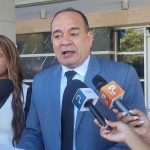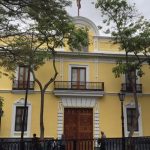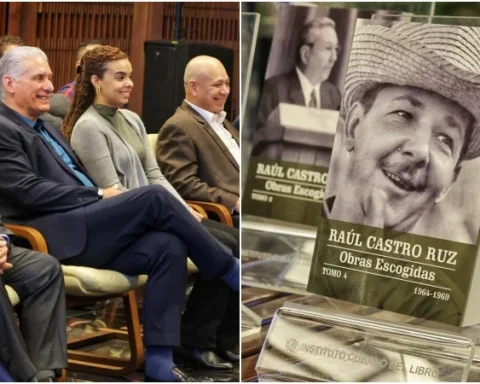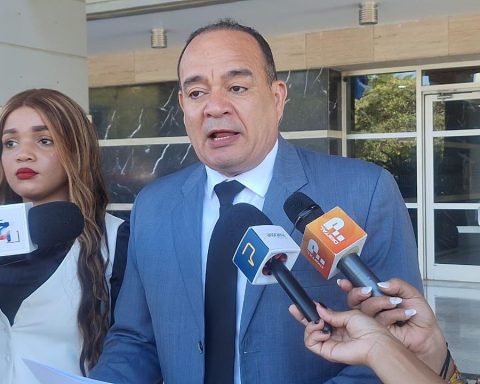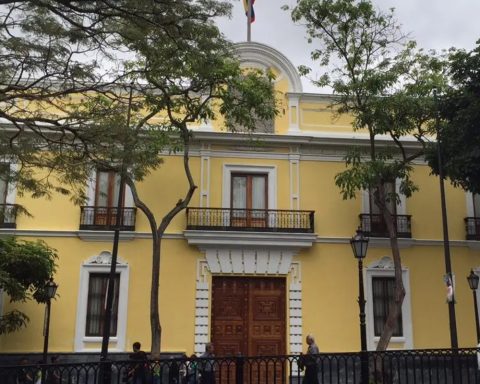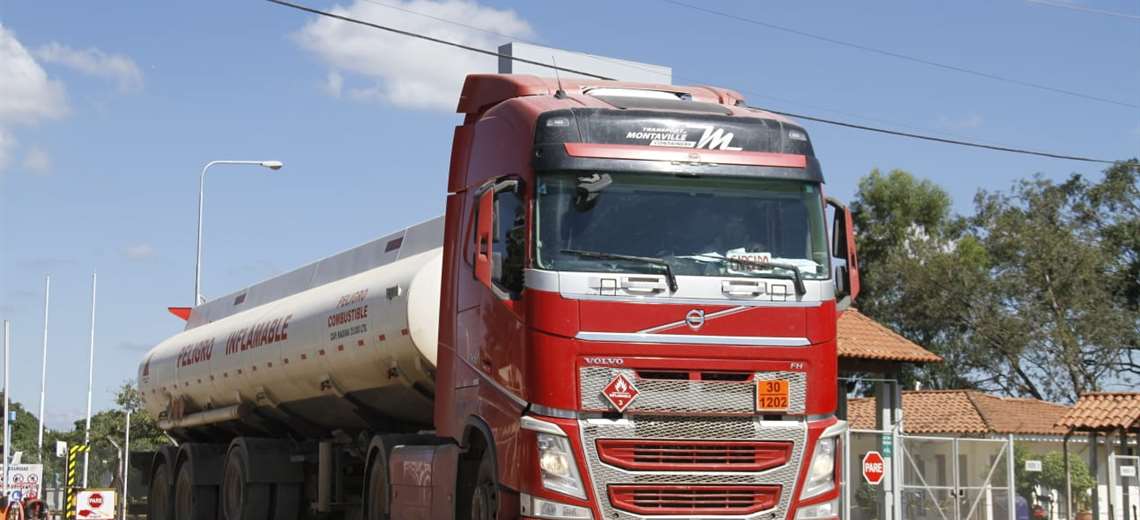
June 18, 2023, 5:47 PM
June 18, 2023, 5:47 PM
If ethanol producers fail to deliver the scheduled amounts of that input, Yacimientos Petrolíferos Fiscales Bolivianos (YPFB) proceed to reduce the percentage of anhydrous alcohol that is mixed with gasolinereported the president of the state oil company Armin Dorgathen.
“We had lines for one or two days in La Paz and Cochabamba. We did not have the corresponding ethanol supply and that was one of the reasons why we had a delay in the ethanol load”, indicated the executive in statements to Bolivia TV.
“However, (the supply with) imported gasoline that we have in the country is totally normal. We have all the balances and, in the event that we do not have enough ethanol from the ‘ethanol producers’, we will proceed to reduce the mixture of ethanol with gasoline”, affirmed Dorgathen.
Fanor Fernández, head of the Federation of Sugarcane Producers of the Integrated North of Santa Cruz, informed in this regard that the sugar mills and cane producers of Santa Cruz maintain their commitment to produce sufficient quantities of both products for the domestic market.
However, he clarified, “what is happening at the moment are two things: first, the rains have delayed the milling of cane and, therefore, the production of ethanol. But these days the sugarcane harvest will be in full force and there will be sugar and ethanol, and everything will return to normal”. Second, “YPFB owes a lot to sugar mills, which takes away liquidity and, in the harvest season, financial liquidity is very important”.
Last May, the Minister of Hydrocarbons and Energies, Franklin Molina, anticipated that YPFB would buy this year about 200 million liters of ethanol, 64.1 million liters more than last year, when 135.9 million liters were purchased.
Supreme Decree 3672 determines that fuels with carbon content anhydrous ethanol that are sold in the country, will have a volumetric proportion of up to 12% of said additive of vegetable origin.
Dorgathen also highlighted that the state oil company managed to reduce the import price of gasoline from Bs 10 per liter, last year, to Bs 6 per liter in this management.
“To maintain the price subsidy, The objective is to reduce import costs, reach values that are around Bs 4 or 5 per literin such a way that the subsidy is around Bs 1”, he specified.
In this frame, manages the direct purchase of crude oil and fuels from far away (Middle East) and nearby (Argentina) producing countries. “The issue is being able to find the right logistics, the right methods that allow us to bring this cheaper fuel,” Dorgathen added.








